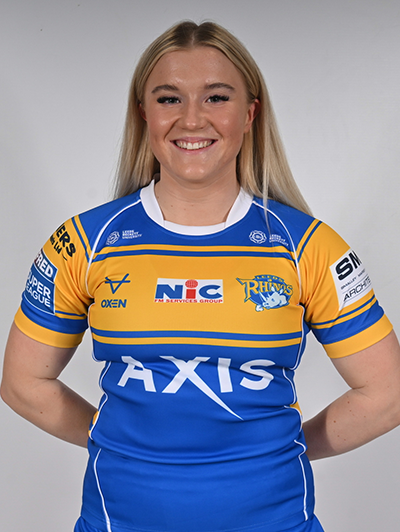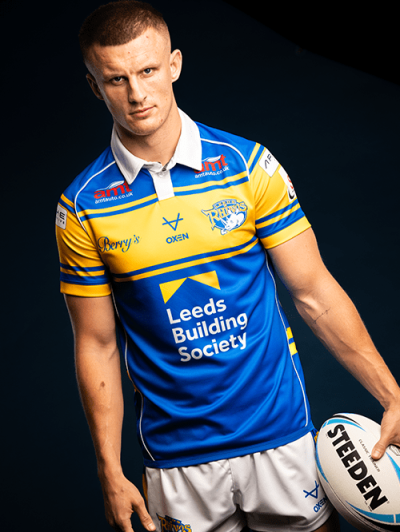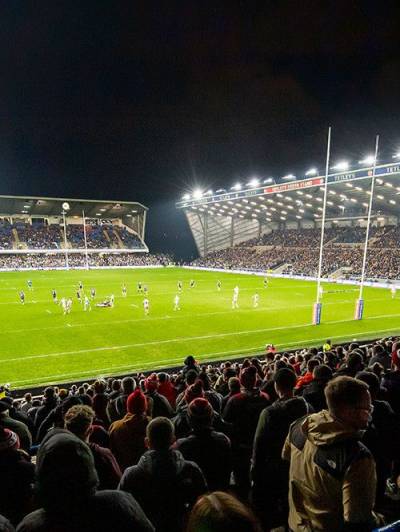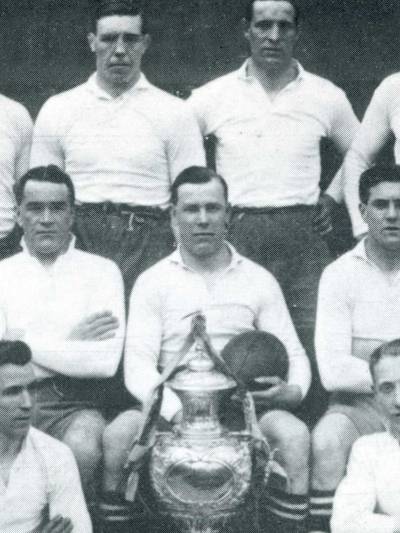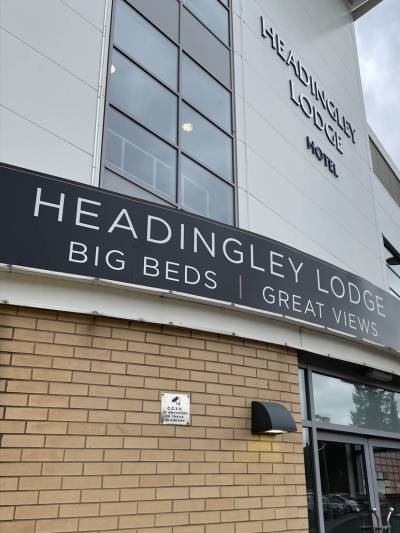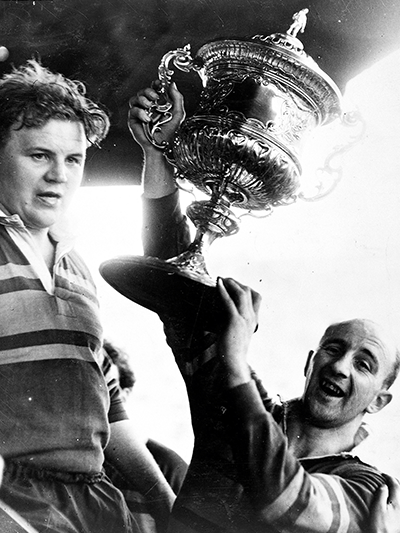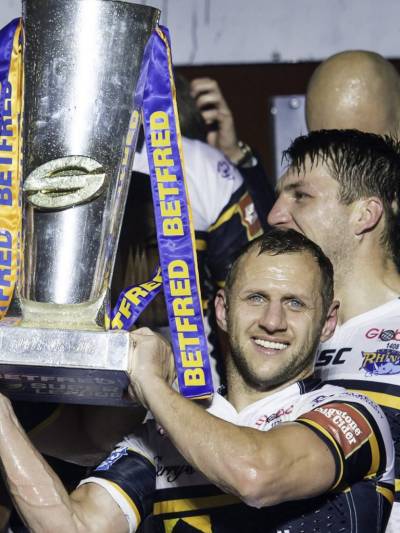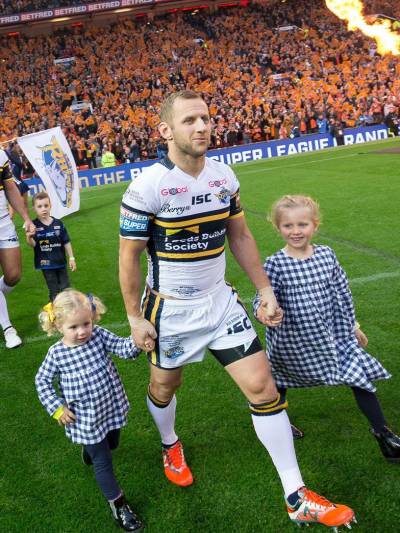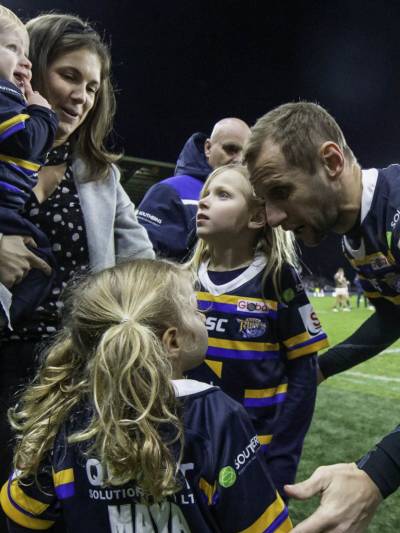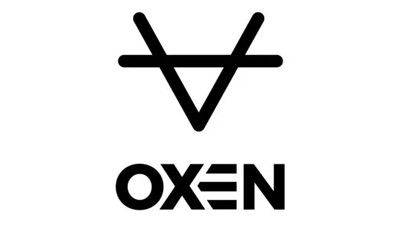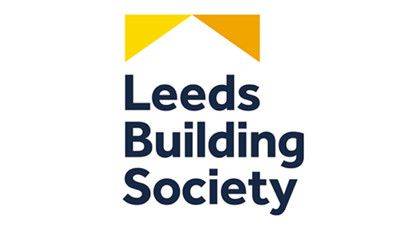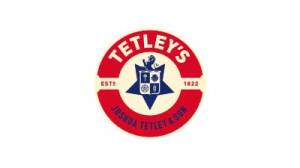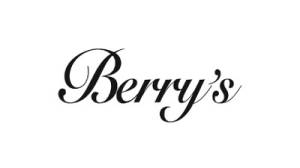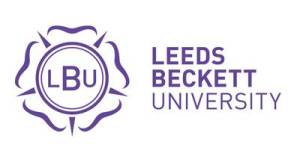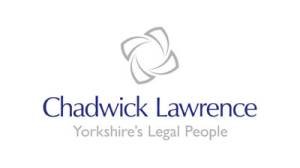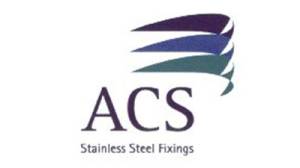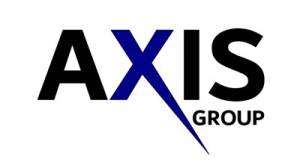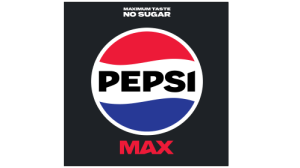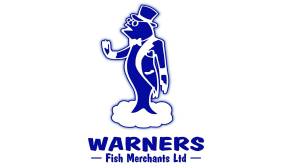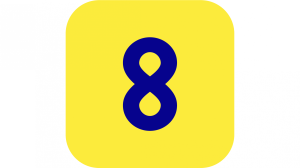1935-1936

1936!! This is the year which is richest of all in memories, for those who were in any way associated with the Club at that time it conjures up visions of the glorious Wembley Cup Final triumph, and glorious is the correct description because much of our football in that season was simply magnificent.
The personnel of the team was little changed from the previous year. Edgar Jones, a Welsh International front row forward was signed during the close season, but he was unable to command a place in the team and only made seven appearances in the Leeds colours. John Hall, the hooker from Batley was, however, a valuable acquisition. During the season, John Jones, a young local, made rapid strides and performed very creditably at centre and stand-off, whilst Charlie Eaton, who had made two 1st team appearances in the previous season, played an extremely valuable part in the Cup competition.
The Yorkshire Cup was retained, but not without a very stern struggle. The 1st Round brought Bramley to Headingley, as in the previous year, and we readily accounted for our opponents by 37 points to 8. Hunslet were the 2nd Round visitors, and they almost succeeded in forcing a replay, but Ken Jubb came to the rescue in the closing minutes with an acrobatic dive for a try at the corner. The Semi-Final was at Hull, and on this occasion Dicky Ralph performed his drop-kicking feat in the closing minutes once again, to force a draw with a score of 2 points each. Our victory in the replay was never in doubt, with Ralph and Eric Harris the architects of victory. The Cup Final, versus York, was played at Thrum Hall and the only score was a try by Stan Smith in the opening minutes of the game.
The League programme opened well with five consecutive victories, but valuable ground was lost during October and November. A very consistent spell during the next three months took us into the first four, but as we went from strength to strength in the Cup competition so our interest in the League waned and we finally finished in eighth place with the consolation of being runners-up in the Yorkshire League.
The R.L. Cup triumph was remarkable in that the luck of the draw only gave us home advantage in the 1st Round, when Dewsbury gave us a comfortable passage by 18 points to 7. We were full value for our second Round victory over Streatham and Mitcham, particularly so in view of the fact that the ground was in an atrocious condition. The battle at the Boulevard in the next round brings back memories ? the terrific tackling; the famous switch of Eric and Fred Harris, which had bamboozled so many opponents earlier in the season and was still to do the trick in the Semi-Final and the Final; the dismissal of Barlow and Oliver; the tremendous crowd which swept over the boundary rails and thus delayed the kick-off. The Semi-Final match against Huddersfield, at Wakefield, was another fine game and Leeds went through to Wembley with the good wishes of countless supporters all over Yorkshire who had been thrilled by the brilliant back play revealed, with the Harrises mystifying friend and foe alike.
Eric Harris established a new Leeds record with 63 tries. In one spell he scored in seventeen consecutive matches, obtaining 36 tries in that period.
Jim Brough, Stan Smith, Stan Brogden and Fred Harris were members of the party selected to tour Australia.
The story of the Final is given in the following Press Report.
LEEDS EQUAL A GREAT CUP RECORD
Wembley, Saturday.
Biggest Wembley win before largest crowd: Memorable Tries
Leeds equalled Huddersfield?s record of four victories in the final of the Rugby League Challenge Cup when they scored 3 goals, 4 tries (18 points), to Warrington?s 1 goal (2 points), here this afternoon. The sun was bright and warm, the turf as good as it will ever be, and the setting was provided for a great game. The crowd of 51,250 was the biggest by nearly 10,000 that the Rugby League have had in this country, and the receipts of ?7,200 were the highest-but the football was disappointing.
The game, which must be reckoned one of the poorest of the seven finals played at Wembley, never got going. The scrummages would not work to the satisfaction of the referee, who had to speak to men on several occasions; there were displays of temper, the like of which have not been seen at Wembley before, and the Warrington forwards allowed themselves to get rattled in a fashion that was surprising after the cool and competent way in which they played against Wigan in the third round, and Salford in the Semi-Final.
No return for Scrum Mastery
The margin of victory, the widest there has been in a Wembley final, in no way exaggerates the superiority of Leeds, who were never really extended after the first quarter of an hour, and that despite the fact that Warrington maintained, until near the end, the scrummage mastery everyone expected them to have. In the match they heeled the ball from 46 of 64 scrummages, and yet they failed to score a try.
Their backs, too, though they kicked too much, had an idea or two, but they were not fast enough or slick enough in their handling to make them pay against the covering of the fastest defence in the League. Yet when Warrington first tried the move to which they generally turned when they sought to pass, they ought to have had a try with it. Garrett, with an open line, knocked on, just as in a movement a minute or two earlier, Hawker had knocked on after Jenkins, following a high kick, had cracked the Leeds defence.
Isaac?s Try
These mistakes followed on the heels of the try with which Isaac gave Leeds the lead when, at the end of seven minutes, they attacked for the first time, and, they, together with the try about which there always will be argument, put paid to the account of the Lancastrians.
Isaac?s try was obtained in this way. The Leeds backs opened out in their own half, and got the ball away to Eric Harris on the right wing. He made ground quickly and kicked, but instead of kicking straight as he invariably does, he put the ball across the field to confound the Warrington defences sweeping across to cover. Isaac flashed into the picture, and went straight for the ball which was only a few yards from the Warrington line. He took the ball in his stride to dive straight for the touch, just wide of the posts.
The Warrington defenders who were roundabout made no move. They obviously expected the whistle to sound for off-side; but Mr. Dobson, who was in the best position of all to note the vital points-the position of Harris when he kicked, the position of Isaac, and the speed with which Harris went straight down the wing to put all his men onside-had nothing to say. Williams kicked the goal, and Leeds had a lead they never lost.
Leeds Grip Tightens
Warrington might have recovered from the shock of this try, which emphasised so markedly the danger of the Leeds speed, had either Hawker or Garrett been able to take the openings provided for them; but they saw these chances wasted, and they saw the grip of the Leeds tacklers, whose pace gave them such an advantage, tighten. They were a well-beaten and tiring side when half time came along, and they had derived no benefit from either the sun, which was bright enough to trouble the Leeds defenders, or the wind, which was much stronger than it seemed to be.
Warrington made spasmodic efforts to open out play, and, at times, they indulged in speculative passing in the faint hope of being able to do something for Garrett on the right wing; but Brogden rarely gave his stronger opposite any rope, for he tackled brilliantly.
Useful Work in Loose
The Leeds tackling was good all the way round. The middle men were sure, Ralph had the legs of Newcombe, Williams was better than Goodall, the wings made no mistakes, and always the forwards, with Jubb, Casewell and Isaac leading the way, were getting about usefully in the loose. It may be that the Leeds second row men would have served their side better in the scrummaging had they not broken away so quickly, but they had a mission-to check the manoeuvres of Goodall and Newcombe-and they succeeded. Casewell?s tackling of the Warrington forwards had much to do with the subjection of the Warrington pack in the loose.
Now and then we saw Miller, but he did not let the ball go as freely as in the second Tour Trial at Headingley, and we rarely saw anything of Arkwright, Warrington?s other Tourist. Shankland, the fifth full back to be played by Warrington in this season?s tournament, had a worrying and tiring afternoon, and was no match for Brough, whose tactics had much to do with the victory.
Brilliant Brough
Brough fielded with superb confidence, and he kicked craftily. It may be that the kicking duels he had with Shankland-there was more kicking between the full backs than we have seen for many a day-were prolonged, but they were a vital part of the game. Brough caused Shankland to run about so much that the Australian could hardly lift a leg in the closing stages
Brough was not the aggressive full back he can be, tellingly, so tellingly, in fact, that the way was opened for a try providing, of course, that the movement was carried on in the right way.
All the best football was produced by Leeds, and their four tries-each of a different type-will be happily remembered when the dull and stodgy patches of the game are forgotten. Isaac?s try was followed by one by Fred Harris, and there will be those who will say that this try alone made the Journey to Wembley worth while.
Fred Harris?s Thrilling Try.
There was skill, speed and judgment, and, above everything else, inspiration in it. The middle backs opened out, and the ball rested safely in the centre?s hands. He went away, trying, first of all, to carve the opening for Eric Harris on the wing. Again, as in the Hull and Huddersfield games, he had to go to the touch line, and again, as in the Hull and Huddersfield games, Eric Harris cut inside. The crossing defence wavered as he did so, and Fred Harris? offered? the ball for that variation of the ?scissors? used by Leeds. Then, just as at Hull and Huddersfield, the centre accelerated to leave all the baffled defenders, save Shankland.
He could not make the inside pass as he did at Huddersfield, for there were men in between him and Eric Harris, and he could not beat Shankland on the touch-line side because there was not room. He put his boot to the ball to lift it over Shankland, he went on to take it before it touched the ground, and he ran in as fine a try as ever will be seen at Wembley.
Before this, Shankland had kicked a grand goal for Warrington from a penalty given against Fred Harris for a foul, and, as Williams kicked a penalty goal for Leeds in the 38th minute of the game, Leeds led 10-2 at half-time.
They were rarely troubled in the second half, when they had a little more of the ball from the scrummages. Warrington were held at every point, and they had tries scored against them by Eric Harris and Parker, who, in every way, played his best game for Leeds.
Eric Harris, who had knocked on with the line a yard away after one movement started by Brough, made no mistake with his second chance. He took the ball from Fred Harris as he cut Inside, he forced a passage through three defenders, kicked, and beat the challenge of two more defenders to regain the ball and swing himself over the line.
Williams kicked the goal, but could not manage the shot after Parker had run gloriously through a beaten defence to get the fourth try.
Lord Derby Presents Cup.
If Leeds had had as much of the ball as Warrington they would, with their speed and skill, have put up a record score for a final. They must have done, for they were sound everywhere except in the scrummaging, and there were times when they were as brilliant as they can be. Their tries and their tackling redeemed this afternoon?s game.
Lord Derby, the President of the Rugby League, presented the Cup to Brough, and the Leeds players chaired their captain across the ground to that part of the terracing where were the 1,600 cheering and delighted schoolboys from Leeds and Hunslet.
Teams-
Leeds: Brough (captain): Harris (E), Harris (F), Parker, Brogden: Ralph, Williams: Hall, Satterthwaite, Dyer, Jubb, Casewell, Isaac.
Warrington: Shankland (captain): Garrett, Hawker, Dingsdale, Jenkins: Newcombe, Goodall: Cotton, Hardman, Miller, Flannery, Arkwright, Chadwick.
Referee: Mr. A. S. Dobson (Featherstone).

